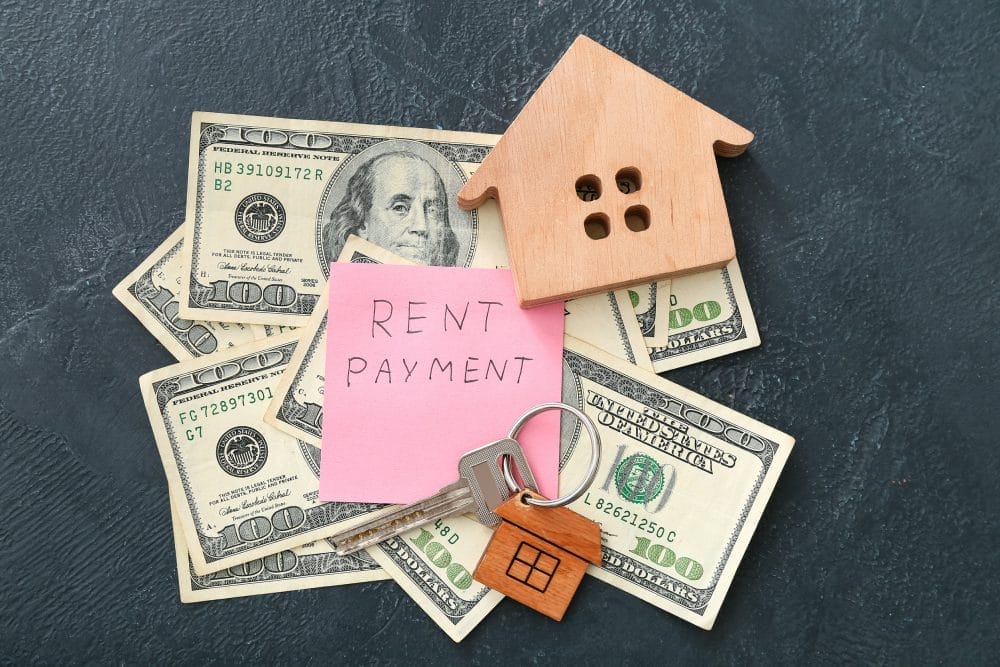Living with roommates can feel like an adventure straight out of a sitcom. One day you’re laughing about burnt toast, and the next, you’re staring at the Wi-Fi bill, wondering who’s secretly streaming every season of Game of Thrones again. Sharing space is supposed to save money, but sometimes it feels like the opposite.
Hidden costs, bad habits, and “oops, I forgot” moments add up quicker than pizza boxes in the corner. Here are the sneaky, surprising ways roommates can drain each other’s wallets—and how to spot the signs before your bank account cries for help.
1. The Utility Bill Vanisher
Ever notice how the thermostat mysteriously creeps up in winter and down in summer? Roommates often forget—or conveniently ignore—that utilities aren’t free. One roommate blasting the AC 24/7 can turn a manageable bill into a shocker. Electricity, water, and gas add up, and suddenly you’re paying way more than you planned. Keeping an eye on usage and setting ground rules can prevent utilities from becoming the silent money pit.
2. The Grocery Borrower’s Black Hole
There’s nothing like opening the fridge to see your almond milk—or worse, your last slice of pizza—mysteriously gone. While borrowing a splash of milk or an egg seems harmless, the habit snowballs when roommates start treating your groceries like a community pantry. Over time, this unspoken “borrowing” can add up to serious cash. Suddenly, you’re the one constantly restocking shared staples you didn’t even use. Clear boundaries (and labeling) can save both your food and your budget.
3. The Streaming Service Moocher
Sharing accounts sounds like a money-saving dream—until the passwords get passed around like free candy. When roommates forget who’s paying for Netflix, Hulu, or Spotify, one person often ends up carrying the weight. Streaming subscriptions aren’t huge individually, but together they can rival a small car payment. If you’re the one footing the bill while everyone else streams guilt-free, resentment (and costs) rise. A simple shared spreadsheet or payment rotation keeps things fair.
4. The Takeout Enabler
There’s always that one roommate who says, “Let’s just order in tonight!” Sounds innocent—until you realize you’ve been roped into three takeout dinners this week. Ordering food together feels social, but it drains your budget way faster than grocery shopping and cooking at home. Peer pressure in the form of pad Thai cravings can sabotage financial goals. Learning to say no (or suggesting cheaper alternatives) can help you dodge the takeout trap.
5. The Rent Payment Procrastinator
Few things are more stressful than realizing rent is due and your roommate hasn’t paid their share yet. Even if you’re responsible for one half, the landlord doesn’t care—late fees and penalties affect the whole household. Constantly covering for a slow-paying roommate can wreck your budget and your credit if things spiral. Regular travelers of shared living know this pain all too well. A joint calendar and payment deadlines can keep the rent nightmare in check.
6. The Party Thrower Problem
Your roommate’s idea of a fun night might include inviting half the city over. Fun for them—but not for your wallet. Parties mean higher utility use, snacks disappearing, cleaning supplies dwindling, and sometimes property damage. Even if guests chip in, it rarely balances the hidden costs you’ll be stuck covering. Setting limits on how often your home turns into a nightclub can save money and sanity.
7. The Household Goods Ghost
Toilet paper, dish soap, paper towels—tiny expenses, right? Not when you’re the only one buying them, month after month. Household supplies are sneaky money drainers, and many roommates forget to chip in. The result? You’re unknowingly subsidizing everyone’s clean hands and fresh laundry. A rotating schedule or communal fund keeps things fair and balanced.
8. The Mystery Damage Fee
Accidents happen, but when a lamp breaks or a carpet stains, someone has to pay. Too often, damage fees fall on the most responsible roommate, especially when the culprit stays quiet. These surprise expenses can pop up when moving out or when landlords charge extra for repairs. Suddenly, your security deposit vanishes without warning. Open communication (and honesty) helps ensure damages don’t drain just one person’s bank account.
9. The Sneaky Subscription Addict
From gym memberships to niche apps, some roommates sign up for everything and assume you’ll join in. Suddenly, you’re paying for services you didn’t want in the first place, all under the guise of “splitting the cost.” These little add-ons—whether it’s a meal delivery service or a random meditation app—add up alarmingly fast. Before you know it, you’re stuck subsidizing someone else’s lifestyle choices. Learning to politely decline keeps your wallet safe from creeping expenses.
Keep Your Wallet (and Sanity) Intact
Roommates can make life fun, affordable, and full of memories—but only if money doesn’t become the silent deal-breaker. From utility overuse to shared subscriptions, the ways they drain each other financially are sneakier than most realize. The good news? Clear communication, fairness, and a bit of planning can stop these money leaks before they sink your budget.
Have you dealt with one of these roommate money traps—or maybe discovered a new one? Share your stories, insights, or tips in the comments below.
You May Also Like…
- 5 Unexpected Financial Dangers of Living With Roommates
- 7 Scams That Exploit People Searching for New Roommates
- Why Do Apartment Complexes Add “Convenience Fees” to Rent Payments?
- Why Do Some People Believe Co-Signing Isn’t a Risk?
- Could A Roommate Quietly Ruin Your Financial Future?






